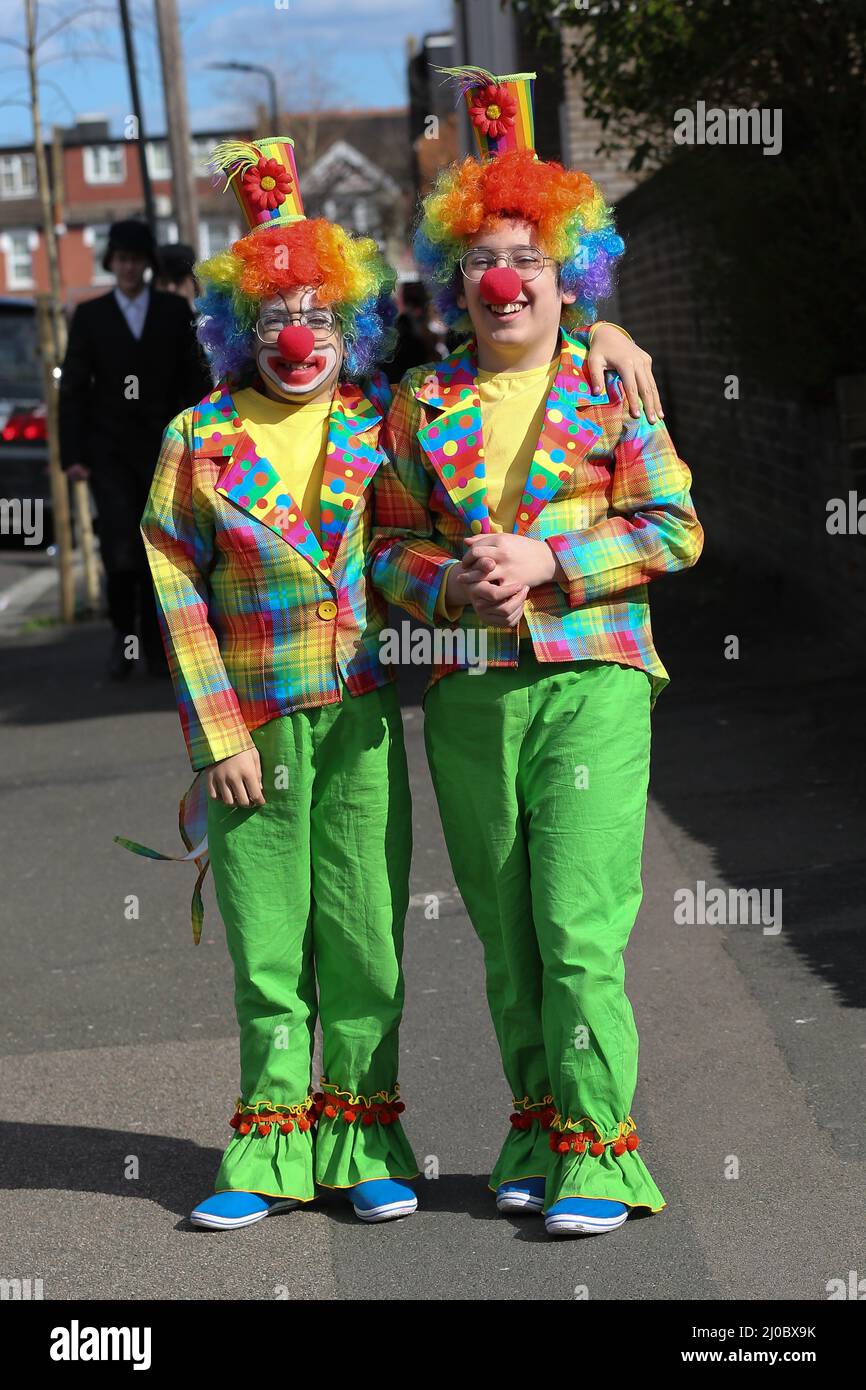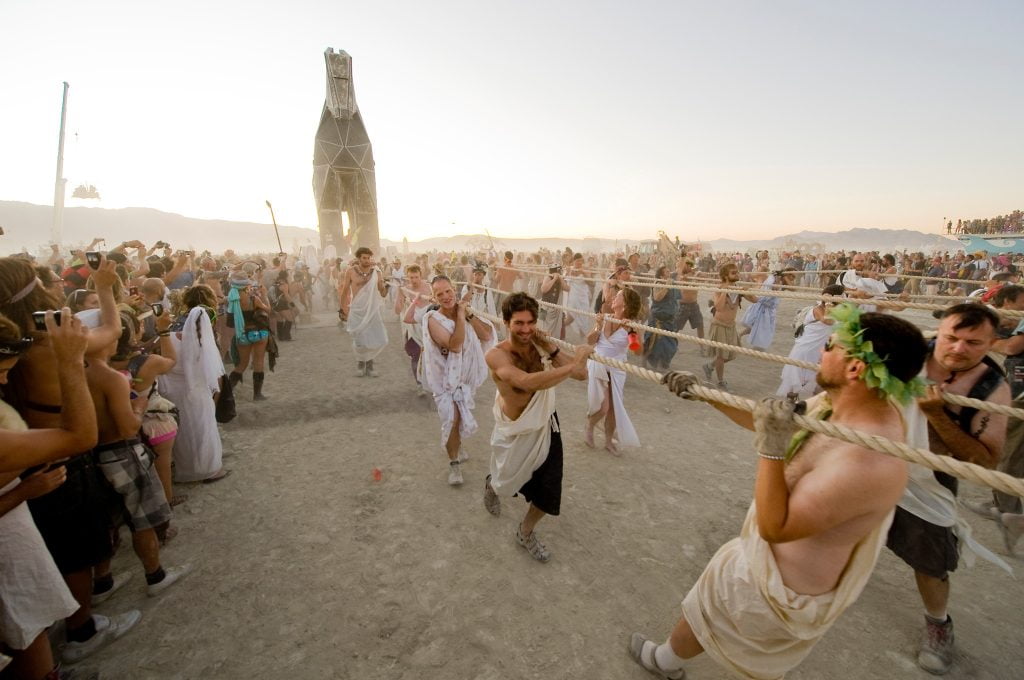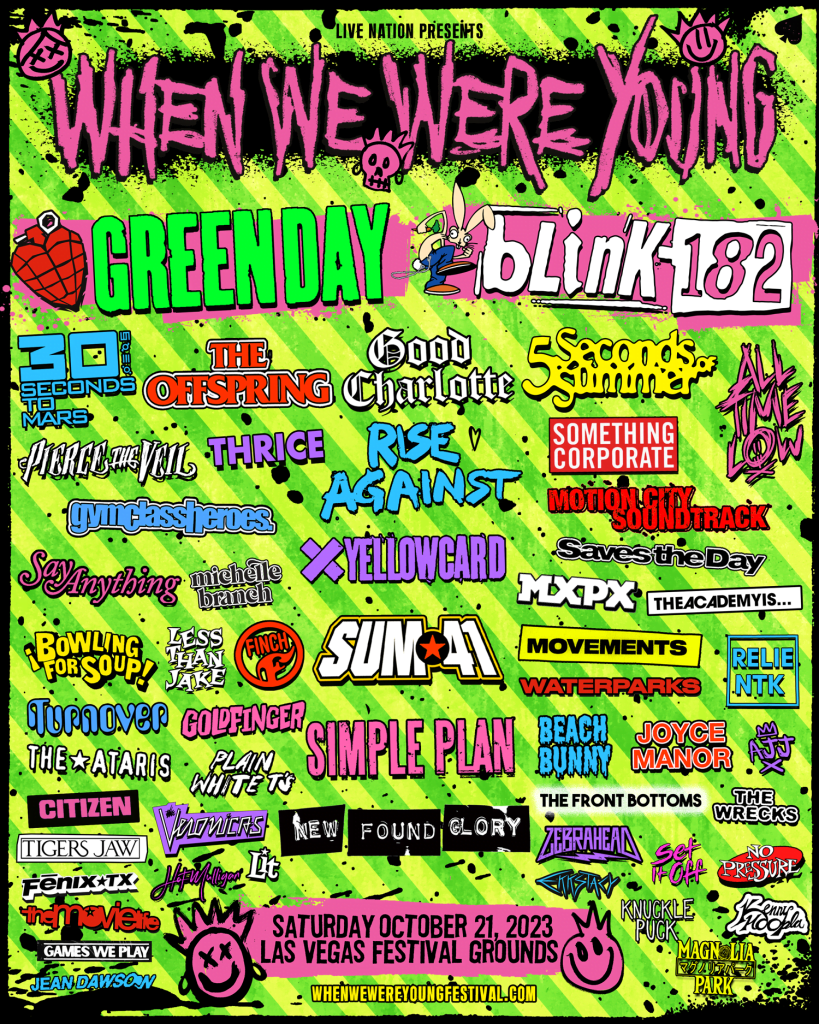Have you ever wondered, “Is today a Jewish festival?” The rich tapestry of Jewish traditions and celebrations includes a plethora of festivals marked with joy, reflection, and reverence. In this blog, we will delve into the world of Jewish festivals, exploring their significance, customs, and vibrant ways in which they are observed.
From the solemnity of Yom Kippur to the jubilation of Purim, each festival carries its unique rituals and practices that bind the Jewish community together in celebration of their faith and heritage. Join us on this exploration as we uncover the beauty and depth of Jewish festivals, shedding light on the traditions passed down through generations.
View this post on Instagram
Introduction to Jewish Festivals
Jewish festivals hold significant cultural and religious importance in the Jewish calendar. Observing these festivals allows Jews worldwide to commemorate historical events, showcase their faith, and strengthen their community bonds. These festivals are deeply rooted in tradition, with unique customs, rituals, and symbols enriching the Jewish heritage.
Significance of Jewish Festivals
Each Jewish festival signifies a pivotal moment in Jewish history or aligns with agricultural milestones. From celebrating the Exodus during Passover to rejoicing in the giving of the Torah at Shavuot, these festivals blend religious observance with cultural identity.
Observing these festivals not only connects Jews to their past but also shapes their present beliefs and values. The rich tapestry of Jewish festivals reflects the resilience and perseverance of the Jewish community amidst historical challenges.
The Diversity of Jewish Festivals
Jewish festivals encompass a wide range of celebrations, including solemn days of reflection, joyful occasions of feasting and merriment, and days of repentance and renewal. The diversity of festivals like Rosh Hashanah, Yom Kippur, and Sukkot showcases the multifaceted nature of Jewish faith and tradition.
Throughout the year, Jews observe these festivals with prayers, special foods, rituals, and communal gatherings, strengthening their bond with each other and their connection to their faith.

Understanding the Significance of Today’s Jewish Festival
Today marks a significant Jewish festival; per the query, “Is today a Jewish festival.” This annual celebration holds immense cultural and religious importance, bringing together Jewish communities worldwide in joyous observance.
Traditions and Customs
Jewish festivals are rich in traditions and customs passed down through generations. Each tradition holds deep spiritual meaning, from special prayers at synagogues to festive meals with symbolic foods.
During these festivals, families gather to share stories, sing songs, and reflect on the historical events associated with the day.
Celebrations and Festivities
Today’s celebrations may include community events, charity drives, and festive gatherings where people unite to rejoice in unity and togetherness.
Participants often dress in traditional attire, listen to traditional Jewish music, and perform special rituals to mark the festival.
Traditions Associated with the Festival
Jewish festivals are rich in traditions that have been passed down for generations. These traditions hold deep cultural and religious significance for the Jewish community.
Holiday Preparation
Before the festival, families clean their homes, a practice known as Tisha B’Av, to ensure the house is free from any trace of leavened bread.
Candle Lighting
One of the main traditions involves lighting candles to mark the beginning of the festival. This symbolizes the divine light and warmth brought by the holiday.
- Menorah Lighting: Families light the menorah, a candelabrum with nine branches, during the festival.
- Reciting Blessings: Special blessings are recited while lighting the candles, emphasizing the importance of the festival.
Celebrations and Rituals
One of the most significant aspects of Jewish festivals is the rich tapestry of celebrations and rituals associated with each event. These traditions connect the Jewish community across generations and are a way of preserving heritage.
Rituals in Jewish Festivals
Each festival has its unique set of rituals, from the lighting of candles and prayers to the recitation of blessings over wine or bread. These acts of devotion mark the occasion and reflect on its significance.
Celebratory Foods
Food plays a central role in Jewish festivals. Traditional dishes like challah and matzah ball soup are commonly consumed during these festive times, symbolizing unity and remembering ancient traditions.
Food and Cuisine for Today’s Jewish Festival
When celebrating a Jewish festival, food is integral to the festivities, bringing families and communities together. Traditional dishes like matzo ball soup, brisketBriskets, and challah bread are often prepared to honour the occasion. These dishes are rich in flavours and symbolism, reflecting the history and customs of the Jewish culture.
Symbolic Foods
Many Jewish festivals have specific foods associated with them that hold symbolic meanings. For example, during Passover, matzo represents the unleavened bread that the Israelites ate while fleeing Egypt. Eating bitter herbs like maror symbolizes the bitterness of slavery.
Another significant dish is challah bread, which is braided and enjoyed on Shabbat and holidays. The braids represent love, truth, and peace within the Jewish community, making them a staple at festival meals.
Culinary Traditions
Jewish cuisine is a diverse blend of flavours influenced by various regions and historical migrations. Ashkenazi Jews, for example, prefer dishes like gefilte fish and kugel, while Sephardic Jews enjoy flavorful dishes like shakshuka and couscous.
- Matzo ball soup, a comforting dish made with fluffy matzo balls in a flavorful broth, is a favourite during festivals.
- Slow-cooked to perfection, BrisketBrisketizes hope and sustenance for the future and is often served at celebratory meals.
Activities and Events Happening Today
Discover the vibrant celebrations and traditions happening today in the Jewish community. From festive gatherings to religious observances, explore the rich tapestry of events taking place on this special day.
Local Synagogue Gatherings
Join your local synagogue for prayer services and community gatherings commemorating this auspicious occasion. Immerse yourself in the uplifting melodies and meaningful prayers that define Jewish festivals.
Cultural Workshops and Art Exhibitions
Engage in cultural workshops and art exhibitions that showcase the creativity and heritage of the Jewish community. Explore the diversity of Jewish artistic expression from traditional craft fairs to contemporary art installations.
- Attend a pottery-making workshop to create unique Judaica pieces.
- Visit a photography exhibition capturing Jewish life around the world.
- Participate in a cooking class featuring traditional Jewish recipes.
Impact of Modern Society on Jewish Festivals
In today’s fast-paced world, modern society’s impact on Jewish festivals is profound. With technological advancements and changing societal norms, the way Jewish festivals are celebrated has evolved over time.
Integration of Technology
Modern society has seen a significant integration of technology into Jewish festival celebrations. From live-streaming services for those unable to attend in person to virtual menorah lighting ceremonies, technology has made these traditions more accessible.
Additionally, social media platforms like Instagram and Facebook have provided a way for the global Jewish community to connect and share their festival experiences in real time, bridging geographical gaps.
Changing Traditions
The fast-paced nature of modern life has led to changes in how certain Jewish festivals are observed. For example, due to time constraints, the preparation and cooking of traditional dishes for holidays may now be streamlined, leading to modified versions of beloved recipes.
However, the essence and importance of these festivals remain strong, with families finding innovative ways to maintain the spirit of the celebrations amidst the hustle and bustle of modern society.
Frequently Asked Questions
- Which Jewish festival is celebrated today?
- The specific Jewish festival celebrated today varies depending on the date and time of year. There are several Jewish holidays throughout the year, each with its own traditions and significance.
- How do Jewish people celebrate festivals?
- Jewish people celebrate festivals with various traditions, including special prayers, festive meals, lighting candles, attending synagogue services, spending time with family, and engaging in acts of charity and kindness.
- What are some common Jewish festivals celebrated?
- Some common Jewish festivals include Passover (Pesach), Hanukkah, Rosh Hashanah, Yom Kippur, Purim, Sukkot, Shavuot, and more. Each festival has its own unique customs and rituals.
- How are Jewish festivals determined?
- Jewish festivals are determined based on the Hebrew calendar, which is a lunisolar calendar. The dates of the festivals can shift within the Gregorian calendar, as it is based on lunar cycles.
- Is there a specific way to greet someone during a Jewish festival?
- During Jewish festivals, people are expected to greet each other with traditional greetings such as ‘Chag Sameach’ (Happy Holiday) or ‘Shabbat Shalom’ (Peaceful Sabbath), depending on the occasion.
Final Thoughts: Embracing the Rich Jewish Traditions
As we wrap up our exploration of Jewish festivals, the question ‘Is today a Jewish festival?’ holds a more profound significance. The vast tapestry of Jewish traditions and celebrations provides insight into a culture steeped in history, faith, and community. Whether it’s the joy of Hanukkah, the solemnity of Yom Kippur, or the liberation of Passover, each festival offers a unique opportunity for reflection, celebration, and connection.
By delving into the customs and rituals of Jewish festivals, we gain a greater appreciation for the values of togetherness, remembrance, and gratitude. So, next time you ponder whether today marks a Jewish festival, remember the richness of tradition that awaits, inviting us to embrace the past while looking forward with hope.




